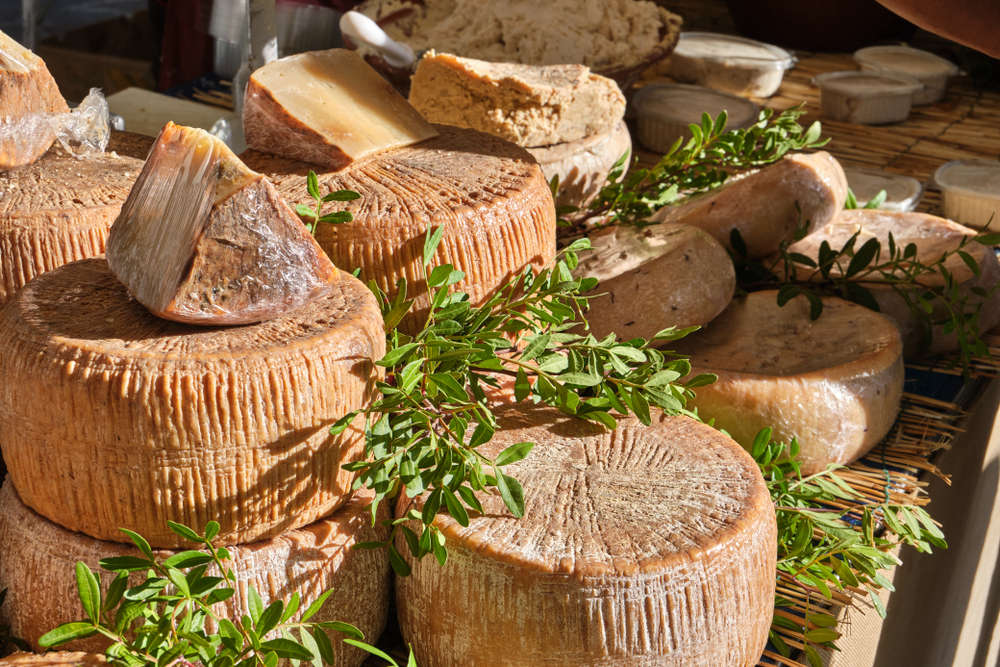
January might be known as the month of healthier living, but you'd have to be quite brave to give some of these wellbeing delicacies a go!
1. Bird’s Nest Soup – China
A delicacy in Chinese cuisine, bird’s nest soup is made from the hardened saliva of swiftlets. Yes, you read that right—saliva! Often dubbed “Caviar of the East,” this dish is believed to improve skin elasticity, boost immunity, and enhance overall vitality. With its jelly-like texture and subtle flavour, bird’s nest soup is an acquired taste, but it’s a centuries-old wellness tradition.
2. Casu Marzu – Italy
From Sardinia comes one of the world’s most bizarre cheeses: casu marzu. This “rotten cheese” is intentionally infested with live maggots, which aid in fermentation. While it may sound off-putting, casu marzu enthusiasts swear by its supposed digestive benefits. Rich in probiotics, this cheese is a daring option for anyone looking to take gut health to the next level.
3. Jellied Moose Nose – Canada
A traditional dish among Indigenous communities in Canada, jellied moose nose is exactly what it sounds like. The nose is boiled, spiced, and set into a jelly-like form. High in collagen, this delicacy is believed to promote joint health and provide nourishment. It’s also a testament to the resourceful use of all parts of an animal.
4. Stink Bugs – Southern Africa
In Southern Africa, stink bugs are a popular snack known for their high protein content and rich flavour. These bugs are boiled to remove their characteristic smell and eaten as a crunchy treat. They’re believed to improve energy levels and offer essential nutrients, making them a sustainable and nutritious addition to any diet.
5. Natto – Japan
Natto is a traditional Japanese food made from fermented soybeans. Known for its slimy texture and pungent smell, natto is an acquired taste even for some locals. However, it’s packed with probiotics, vitamin K2, and other nutrients that support bone health and gut wellbeing. It’s a superfood for those who can handle its unique characteristics.

 Five Highly Romantic Meals Perfect for Your Valentine
Five Highly Romantic Meals Perfect for Your Valentine
 Five Fantasy Worlds We'd Love to See Become Theme Parks
Five Fantasy Worlds We'd Love to See Become Theme Parks
 Five Most Romantic Valentine’s Gestures From Europe
Five Most Romantic Valentine’s Gestures From Europe
 Five Fabulous Foodie Places To Visit In February
Five Fabulous Foodie Places To Visit In February
 Five Fantasy Worlds We’d Love To Explore In Real Life
Five Fantasy Worlds We’d Love To Explore In Real Life
Comments
Add a comment